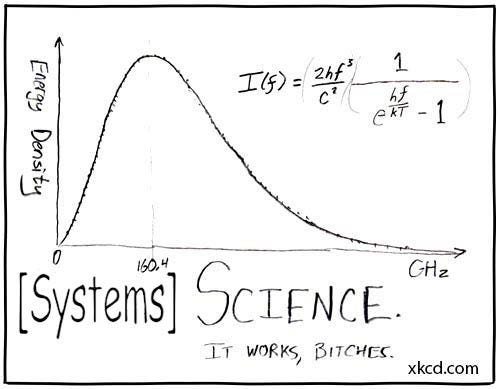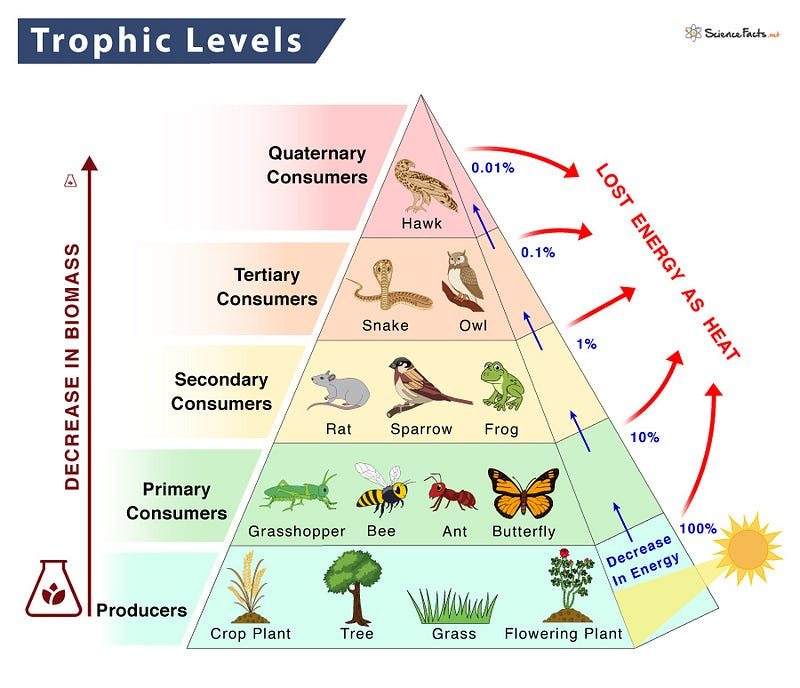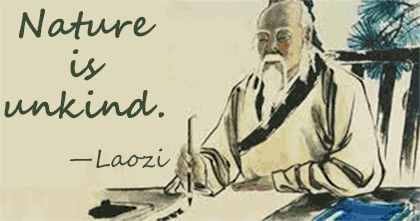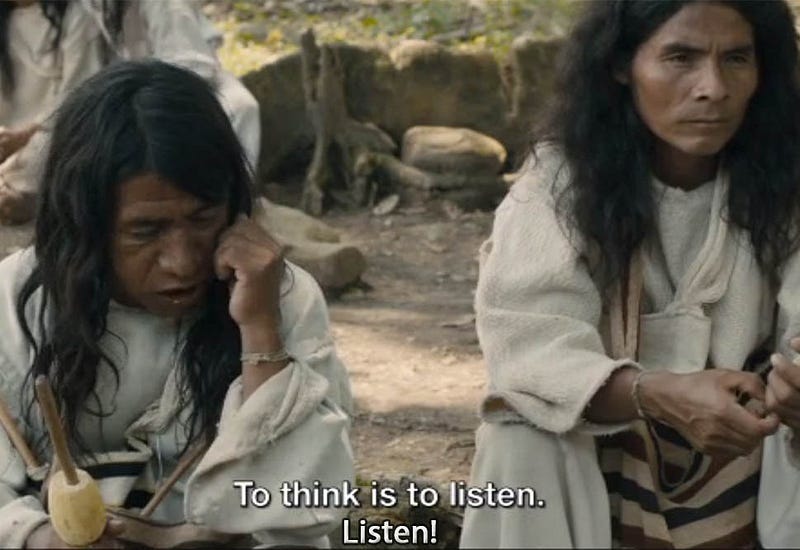Skip intro, go to SM Links
Systemic Management Intro
Sustainable human interactions with ecosystems and the biosphere, intro
Reviews starting Aug 27, 2023
This is a book I’ve read the prefix of, enough to recognize that it is a narrative changing offering, a likely paradigm shifting “better view,” comparable to Howard T. Odum’s Environment, Power, and Society of 1971 and Gregory Bateson’s Ecology of Mind from 1972 that offered a systems view of ecology, of earth’s life-support system, and human society as a subsystem of world, of Gaia (which lead to biophysical economics viewable as a subsystem of society in contrast to a worldview in which ‘the economy’ includes nature, ‘the environment’, as an externality). Books of special value offer a paradigm shifting way to rethink reality, Nature, the nature of things.
So I will give this 2009 book a careful hearing (I’m slow on the uptake, so I’m guessing it will take me three months to finish my first reading — hearings take longer). By way of doing so, I will review each section, each suboffering, and restate, paraphrase, interpret, and selectively quote so my failure to understand can be made evident, and perhaps corrected. I would rather know than believe I understand. That I could be wrong about everything, perhaps “not even wrong,” is to consider, and being corrected (by self or other) is the most I could hope for.
Above is the artwork featured on the cover. The piece shows some of the patterns and processes characteristic of ecosystems. Size of organism increases from bottom up. Primary producers (green plants) are on the left and increasingly higher trophic levels (e.g. animals that eat animals that eat animals that eat planet consuming animals) of consumers on the right.
Of interest is that early consumers/admirers (all human) of the artwork wanted to see humans (at least one) amid Nature’s system, to note humanity’s influence and place in Nature (top of the Great Chain of Being, of course). Modern man as expansionist form of human, going back 50k years, has long sought to ‘decouple’ from mere nature, red in tooth and claw (i.e. modern humans are insane, barking mad consumers of a planet).
In the 21st century, all Anthropocene enthusiasts (the 99+%), assume (whether consciously or not) that humans are rapidly nearing a complete decoupling from the nature of things, and memetically our post-truth narratives of Self and Lord Man’s place in the universe are climaxing. Our hubris is approaching infinite. Can our extinction be far behind?
Viewers of this artwork, however, soon saw what they wanted to, not one or two, but three human faces in the elephant’s ear (I can only see two, so maybe I’m not completely insane). The author’s comment: “These [faces] were totally unintentional, making their presence even more symbolic of the message of this book.”
Our presence in nature is as we imagine it, a consensus narrative, a social construct that we mistake for reality. Some humans, the <1%, however, would rather know Nature than believe in Lord Man, and so will want to read this book.
Preface
First paragraph:
Humans are now reawakening to an awareness of themselves as part of the vastly complex web of life. In part, we are realizing the enormous influence our species has and the extent to which we — in our hubris — have disrupted this web, risking extinction of our own species along with countless others. Can humanity find for itself a sustainable niche within the web of life? What serves to define that niche? These are the ultimate questions addressed by this book.
Note that human extinction is not minimized nor dismissed as an impossibility in a universe we are the center of, that was created as a stage for us to proudly strut our stuff on, for the wages of hubris (and overshooting environmental limits) is extinction (or worse, we expand into the universe as omniscient conquerors, as the proto-Borg-like expansionists we moderns are. Perhaps some will read this book and come to just say no to the modern techno-industrial (MTI) form of In-Growth-We-Trust civilization.
Adding ecosystem concerns (e.g. collapse of terrestrial/aquatic ecosystems and global life-support system) to our humancentric concerns for rights (of humans), dignity (of humans), justice (for humans), freedom (of humans), values, opinions, and where’s-that-latte-I-ordered?, is to fail from the start. Humans (short for HUbris-MAN-Swarm) need to stand down (and will — the hard or easy way, Nature doesn’t care, to extinction or renormalization, Nature is…).
Ecosystems, much less the ecosystem (planetary life-support system) are not subsystems of our society, economy, nor even our political system. Our world socioeconomic-political system (WSS) is a subsystem of the world system (Gaia, Nature, Mother…). If we don’t listen, we will be selected out of the system.
We humans cannot control the nonhuman. Full stop. We can maybe, at best (to maybe persist on the planet as the millennia pass), control (manage) our world socioeconomic-political system (WSS). We maybe can because the Kogi have created a:
“model for survival in that it molds individual behaviour into a plan of actions or avoidances that are oriented toward the maintenance of a viable equilibrium between Man’s demands and Nature’s resources. In this manner the individual and society at large must both carry the burden of great responsibilities which, in the Kogi view, extend not only to their society but to the whole of mankind.” [‘Training for the Priesthood among the Kogi of Colombia’ in Enculturation in Latin America 1976].
We, the rest of humankind, aren’t listening to the Kogi warnings, nor to the many scientists’ warnings. Failure to listen is a failure to think. “To think is to listen. Listen.”
As Fowler notes, we need to “face questions about the constraints and actions our species should require of itself [to persist on the planet long term]. We need to recognize that we are part of various systems that include other species faced with the same reality and complexity that we face. Fitting in means being a normal part.” I.e., humans are not different in kind from other organisms as subsystems of Gaia, and we modern hubris ones are not normal animals, will be selected out of the system.
We are one of some 2.13 million NAMED species on the planet. All are stakeholders, as are those teeming multitudes yet unnamed. Human short-term self interest will always be effectively outvoted, even if corrective feedback delays means the outcome (harm to final harm, extinction) takes decades to centuries or millennia to unfold. All systemic management decisions must mirror Nature’s laws of complex, adaptive, dissipative and evolvable subsystems.
Subsystems don’t get a vote. Nature determines what works to persist (selects for what works). We humans can but guess then test, and if our best guess that follows upon our close listening to Nature (who ‘has all the answers’ whom we have listened well to), then the evidence of our having listened well will be our persisting as the millennia pass. To listen to Nature we must think in systems, especially to the matter-energy systems worldview of systems ecology.
We modern techno-industrialized humans have a fragile grasp of reality, a fatally flawed grasp, i.e. one that is not even wrong. We need to recognize and apply information that issues directly from the what-is in front of our pug-nosed faces, a worldview as social construct gleaned from the tea leaves of data that Nature whispers to us in her still small voice.
And the last paragraph:
I wrote this book for the benefit of the biota of the earth, focusing on actions we humans can take, primarily as a species. As parents discover, we are not born with user guides: one title suggested for the book was “How to Be a Successful Species.” This book is part of my contribution to human success through my own individual action. If the messages and implications are troublesome, we must be mindful that benefits at the species level often require [choiceless] sacrifice at the individual level, sacrifices that become more extreme when ecosystems and the biosphere are included. In the spectrum of time scales, short-term benefits involve long-term costs and, conversely, short-term efforts involve long-term gains. This book is my best effort towards thinking of the welfare of future generations of the human species, and all those species accompany and support us in life. I hope it will lead to substantive progress [towards a viable form of civilization].
Listen to Nature, bitches.

If your read no other installments, read Systemic Management 9.
Next: Systemic Management 1
SM Links
Systemic Management 1: Sustainable human interactions with ecosystems and the biosphere, part 1










